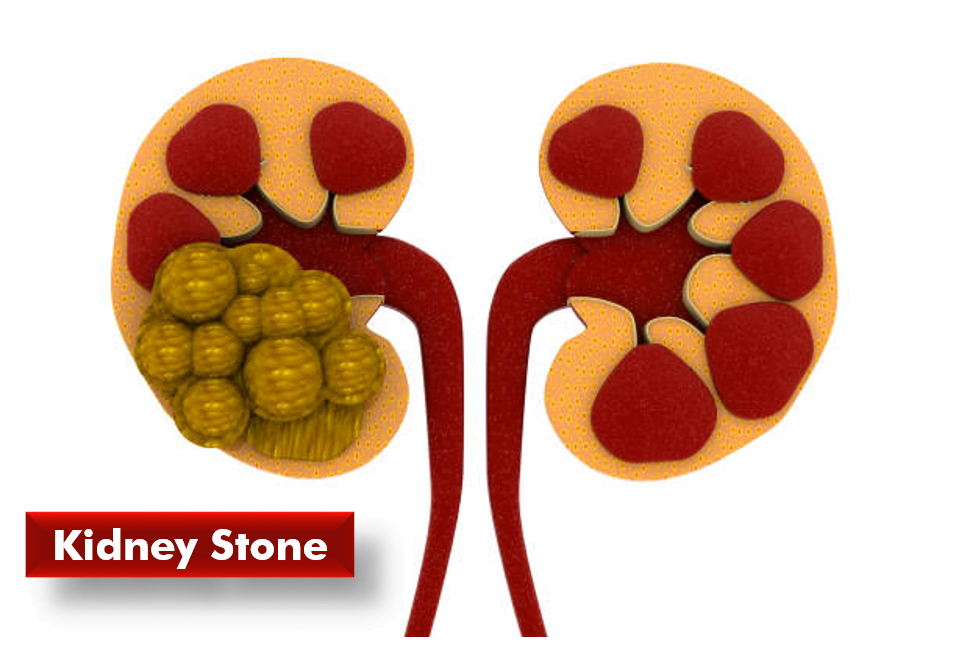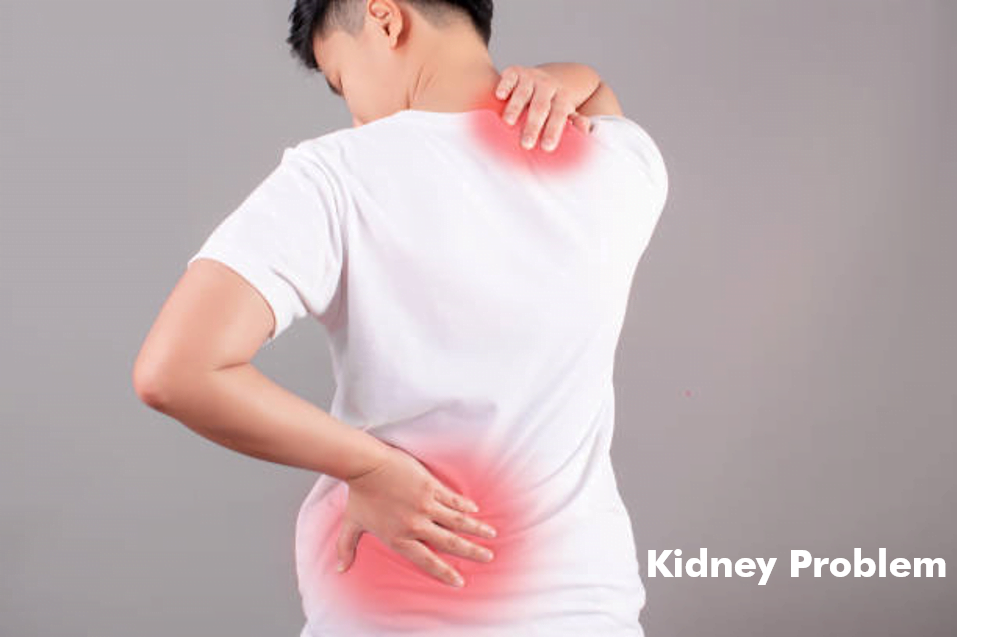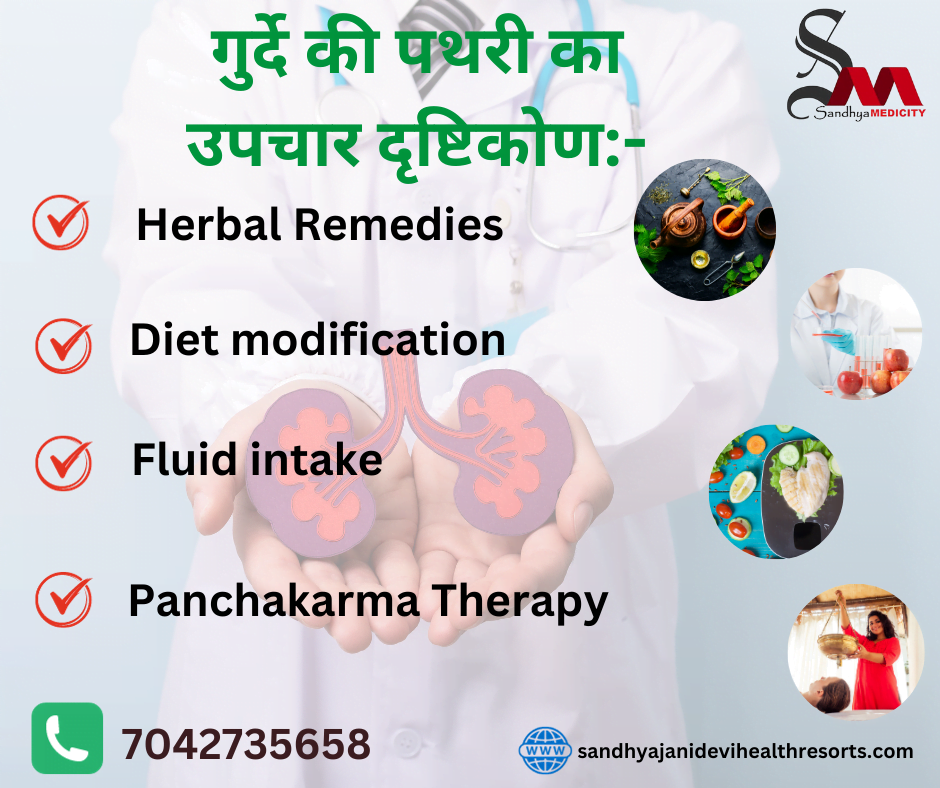Kidney Problem Ayurvedic Treatment – The kidney produces urine which acts as a vehicle to get rid of harmful toxins. The kidneys also produce hormones that control other functions in your body, such as blood pressure and blood volume. If you have a health condition or take certain medications, your kidneys may not be able to remove wastes from your body properly and efficiently It causes Kidney Problem.

This can cause waste products to build up in your body, causing complications in your health. Some common conditions associated with decreased kidney function include diabetes and high blood pressure, but there are many others as well. If you think you may have a health condition that affects how well your kidneys work, be sure to see a doctor right away!
Anatomy of Kidney – Kidney Problem Ayurvedic Treatment
The kidneys are located in the back of each upper flank area, just below the last rib. They perform a number of functions, including helping to maintain fluid and electrolyte balance in your body; producing hormones that regulate blood pressure, red blood cell production and other vital functions; filtering wastes from your blood and then excreting them through urination.
In addition to these important tasks, your kidneys also help control levels of calcium in your blood. Many diseases can affect how well your kidneys function: The two most common problems involve changes in how well they filter (glomerular filtration rate) or process (metabolic function) urine, which can be detected through tests that measure creatinine levels in urine.
Kidney Functions – Kidney Problem Ayurvedic Treatment
The kidneys work around-the-clock to filter blood and rid your body of waste products. This process, called excretion, removes about 125 quarts of water and a few pounds of waste products each day. The kidneys play a key role in controlling your blood pressure by removing excess salt from your body, which helps keep fluids from building up inside your cells.
The kidneys also release hormones that help regulate red blood cell production, calcium absorption and vitamin D formation. In addition to helping you stay healthy, your kidneys play an important role in allowing you to maintain good muscle tone.
Causes of Kidney Problem
The most common causes of renal disease include diabetes, hypertension, high cholesterol and recurrent urinary tract infections. Certain medications such as ACE inhibitors for high blood pressure can cause kidney damage. Diabetics who do not monitor their blood sugar levels regularly may develop renal disease from excessive protein loss in urine (proteinuria).
Once a person’s kidneys have been damaged to a certain extent, they do not recover easily or well. This means that if you want to prevent or delay chronic renal failure or dialysis, you must monitor your health closely and this could be a serious kidney problem.
You will also need to control any underlying conditions such as high blood pressure and diabetes and take good care of yourself so that your kidneys will be able to do their job better. The following tips will help you prevent further damage
Symptoms of Kidney Problem
Kidney disease may have no signs or symptoms. In some cases, swelling (edema) or high blood pressure may occur in your ankles and legs because of fluid retention (also called edema). In other cases, you may experience nausea, vomiting, weakness and fatigue. The waste products that normally pass out of your body in your urine instead remain in your body and make you feel ill.
Itching around one or both eyes could be a sign of chronic kidney disease as well. This could be due to high levels of urea and creatinine building up in your bloodstream, which irritates tissues such as skin.You might be having some pain in your side or lower back, or you may have a hard time breathing or start coughing up blood.
The most common symptom of any health issue is pain and discomfort. For example, when something hurts, you’re more likely to change what you’re doing as well as pay closer attention to what you feel and hear inside your body.
Keep an eye out for subtle changes to how things usually are for your own body, since that could be a sign of an underlying health condition. Consult with a doctor if any of these changes last longer than 2 days, especially if they seem extreme.
Types of Kidney Problem
There are many types of kidney problems. Some affect your whole body, while others only cause problems in one or two areas. Here’s a look at a few common types of issues:
- Kidney Stones: These small mineral deposits form inside your kidneys and can pass through urine to form a hard, painful mass in your urinary tract.
- Cysts: This condition creates fluid-filled sacs that can form on top of or within your kidneys, which may require surgery to remove.
- Kidney Cancer: If you notice blood in your urine or any other strange changes in normal urination habits, go see a doctor right away; these could be signs of cancer in your organs.
Kidney Stone

According to National Kidney Foundation, between 5% and 10% of Americans have had a kidney stone. They’re typically tiny and can pass without treatment. However, some people have larger stones that need medical attention. This could be due to dehydration or high levels of calcium in their urine.
These large stones can block urination and cause pain. Medications, dietary changes and lifestyle modifications can prevent them from returning once they’ve passed. Drink more water to make more urine so it doesn’t stagnate in your system.
Are Kidney Stones Dangerous?
If you’re like most people, you don’t like pain. And if you’re also like most people, you don’t have a lot of patience. That could explain why kidney stones are one of mankind’s least favorite medical conditions. It helps to understand just what causes these sharp little stones to form and grow inside your kidneys. And once you know that, you can move on to figuring out what to do about them. First up: symptom checker.
Cysts Kidney Problem
These are fluid-filled sacs that form when an area of your kidney becomes injured and regenerates. The resulting scar tissue develops its own blood supply, which leads to a cyst. The majority of these aren’t cancerous or dangerous, but you may have them if they grow rapidly or cause any type of pain.
Cysts don’t produce urine, so you may not know about them unless you go in for some other reason. For example, there could be trouble with your reproductive system (kidney stones), or pain in your side due to a ruptured cyst. Your doctor will be able to diagnose them by looking at imaging techniques like ultrasounds or CT scans –- with ultrasound being preferred due to its accuracy and lack of radiation exposure.
Kidney Cancer – Kidney Problem Ayurvedic Treatment
The symptoms of kidney cancer can be very subtle and include: blood in your urine, feeling sick or dizzy, fatigue, nausea and/or weight loss. People with a family history of kidney cancer also have an increased risk of developing certain types of cancers. Anyone who experiences these symptoms should see their doctor as soon as possible to rule out cancer. Early detection saves lives.
Kidney Problem Treatment
You can cure your kidney problem or CKD problem by Tub Therapy, Which is Ayurveda Treatment and you can make your kidney’s eligible to cure itself. Checkout Kidney Treatment by Tub Therapy in Action – Checkout


